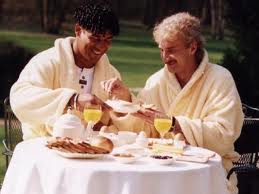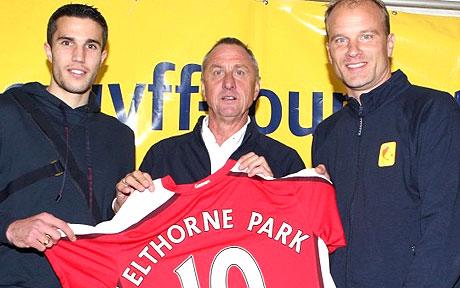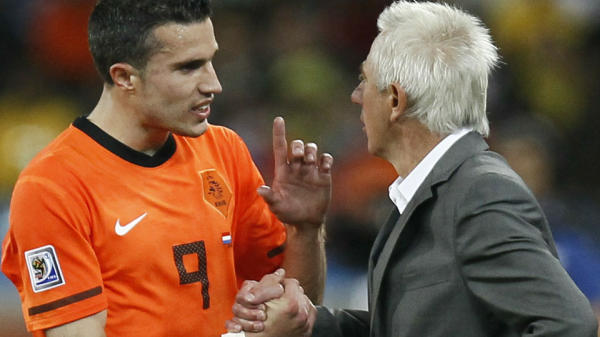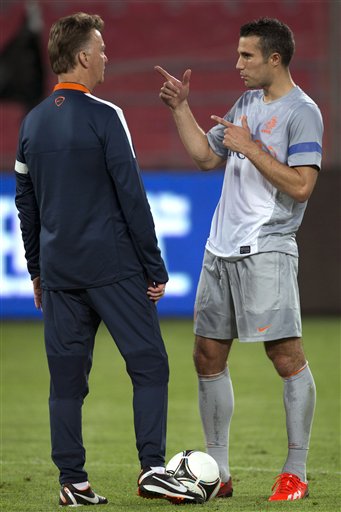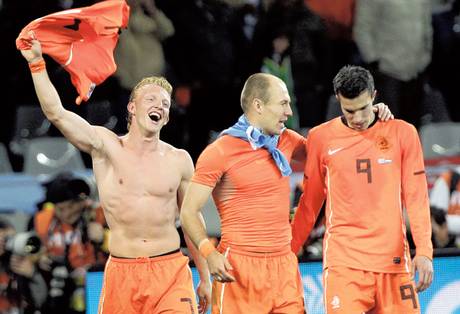Not a title I have used before, for sure :-). I have used it for Ajax, for Feyenoord, probably for AZ, never for PSV.
Because they never really were young in Eindhoven and because for years they focused on players from Bulgaria, Canada, Sweden and Brazil.
I never liked PSV much, as you know. The Philips Sport Vereniging. The name says it. An outlet for a big consumer brand. Money talks in Eindhoven and so does not taking risks. Never invested properly in youth, always ready to snatch talents away from other clubs. The move from Gullit from Feyenoord to PSV in 1985 bothered me much, I remember. They won the Europa Cup 1 with players poached from Ajax. I never liked them.
They always seem to go for the obvious, risk-free coach choice and their football system was always 4-4-2.
I am biased of course. Because that same PSV also gave us Romario, Ronaldo, Luc Nilis and allowed us to enjoy Gullit, Koeman and co. a bit longer. Without PSV today, who knows where Wijnaldum, Schaars, Rekik, Bruma and Maher would be…. I should stop thinking that Wijnaldum might still have been with Feyenoord. He probably would be in Moscow or Leverkusen or Mallorca or some other place where I wouldn’t be able to see him…
So, as of today, PSV has raised its profile in my world. Because they make it possible for us all (incl Van Gaal!) to enjoy Schaars, Bruma, Rekik, Wijnaldum, Maher, Depay, Willems and co on a weekly basis.
And because they finally have the courage to not go for a coach they know and like (Hiddink, Rutten, Advocaat) but to go for a young turk who hasn’t proven himself at the highest level yet but who has the pedigree as a player, the trust of the players and the charisma amongst the people.
Phillip Cocu is from the same stock as Frank de Boer, John van de Brom and Gio van Bronckhorst. Cocu immediately went for a proper 4-3-3. And he handed the captains band to 23 year old Gio Wijnaldum. Young Jeroen Zoet seems to be the first goalie, before Tyton.
Hail Phillip Cocu.
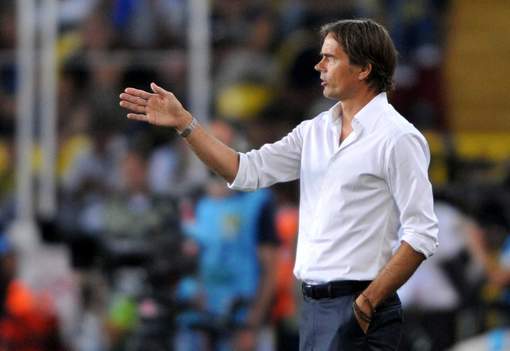
And with this very young team, Cocu started the third qualifications round for the CL and they impressed mightily against Zulte Waregem: 2-0 (although 6-0 would have been a better reflection).
Cocu’s team had an average age of 21 years in this game. And 23 year old Wijnaldum is now one of the seniors. The fans were keen to see how their heroes would do without fan faves Mertens, Bommel and Strootman. Zakaria Bakkali, 17 years old, didn’t need long to establish himself in the hearts of the supporters. Within 2 minutes, the Belgium super talent hit the post. And in the first 60 minutes, his dribbles and speed appeared to much for his countrymen. In the last phase of the game, the tank was empty. Another remarkable player for PSV was 21 year old Bruma. The former Feyenoord defender showed that he brings grit and power to the team and his build up qualities shone through. Before the break, PSV had at least 5 golden opportunities, partly due to good play, partly due to Zulte’s defensive shenanigans. Wijnaldum rattled the woodwork twice.
It was Memphis Depay, that other prodigy, who broke the deadlock after an hour with a power hit from 35 yards. Sub Jurgen Locadia scored the second later in the second half.
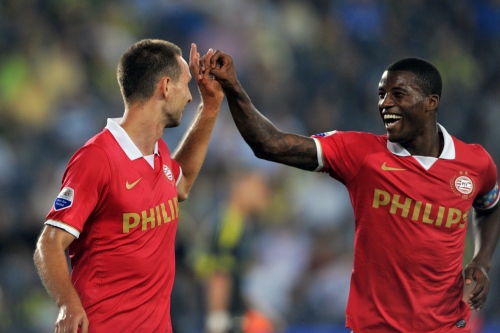
Bruma: “This was a good night for us and for the fans. No one knew where we stood and we didn’t even know. But it’s too early to cheer. We still need to play for it. 2-0 is a tough result. We could have done better, but such is life. We need to approach the return as if it’s a 0-0 result on the board. We need to play for it.”
Coach Cocu had enjoyed himself: “I was impressed with certain spells but I also saw aspects we need to improve. We could and should have scored earlier I suppose, as we still have to be cautious in the return. Zulte is able to create opportunities and we can not become complacent.”
Line up PSV: Zoet; Brenet, Bruma, Rekik and Willems; Wijnaldum, Maher and Schaars; Bakkali, Matavz and Depay.
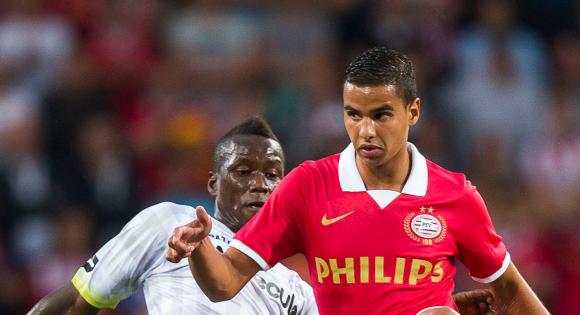

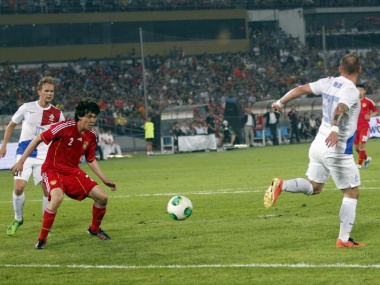
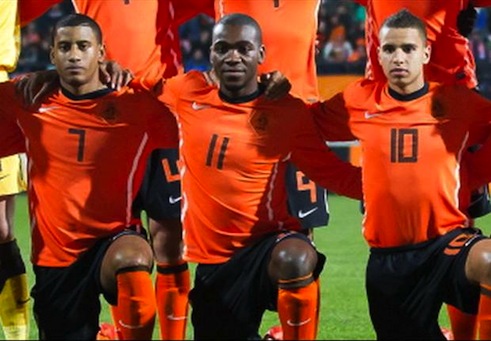
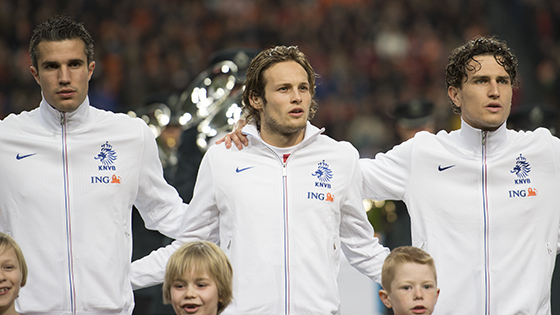
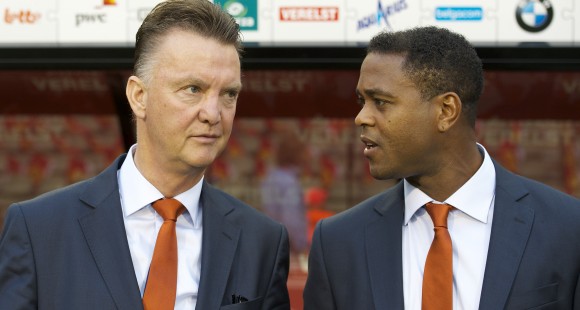
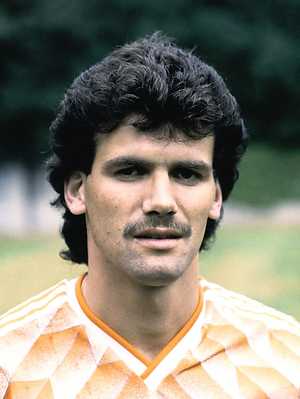

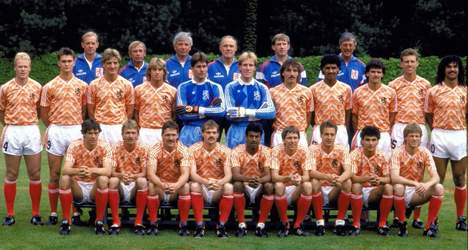
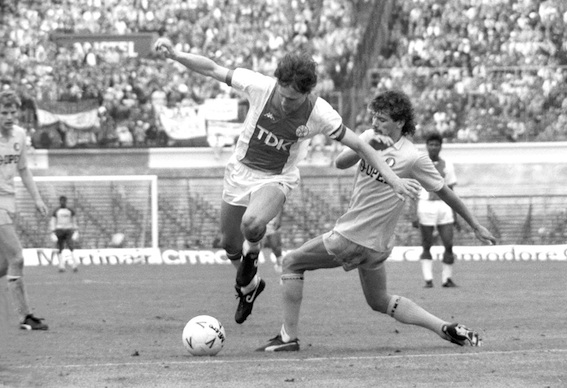 Football ballet between Van Basten and Troost, smoke partners…
Football ballet between Van Basten and Troost, smoke partners…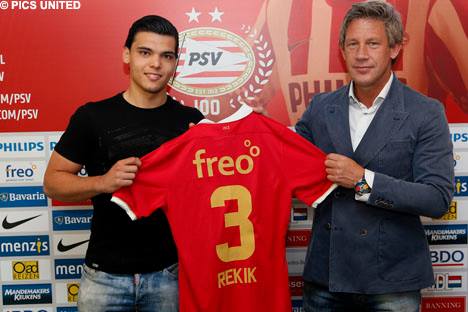 Karim Rekik gets playing time as a loanie at PSV
Karim Rekik gets playing time as a loanie at PSV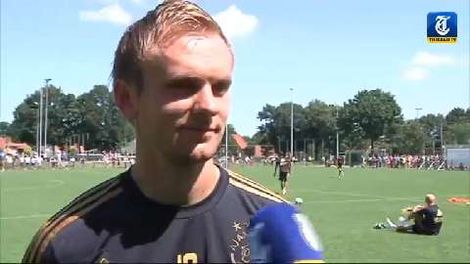
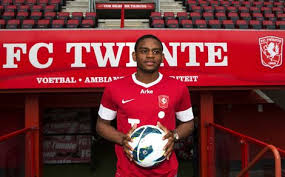
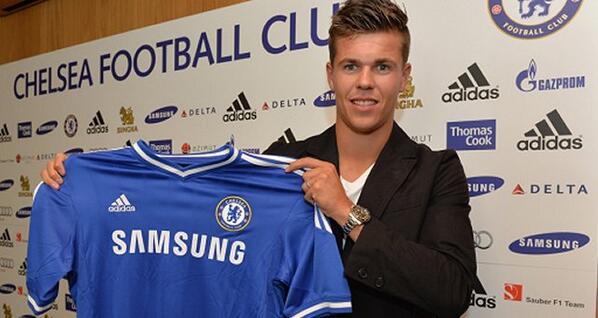
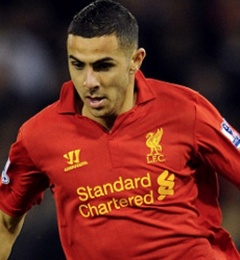 Despite some promising performances it didn’t work out for Assaidi at Liverpool. Feyenoord wants the former Heerenveen winger
Despite some promising performances it didn’t work out for Assaidi at Liverpool. Feyenoord wants the former Heerenveen winger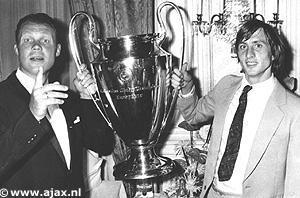
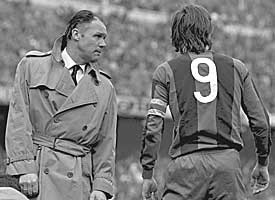
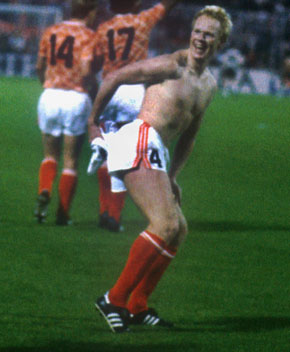
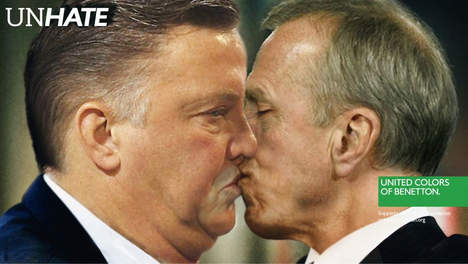
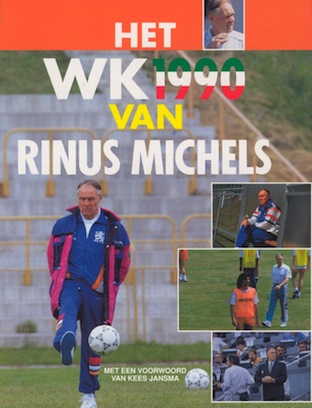 The book written on that weird 1990 campaign…
The book written on that weird 1990 campaign… 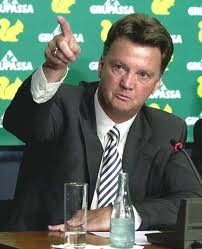
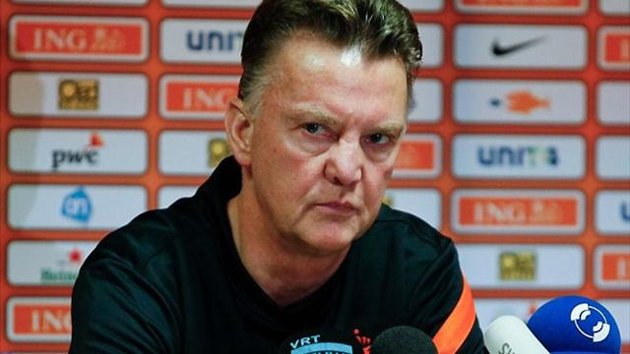
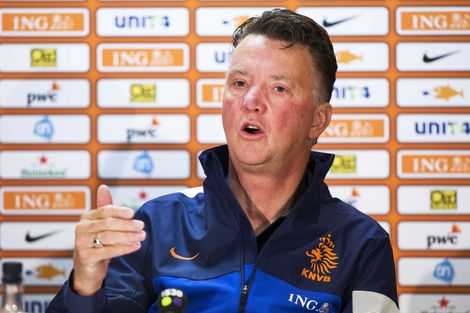
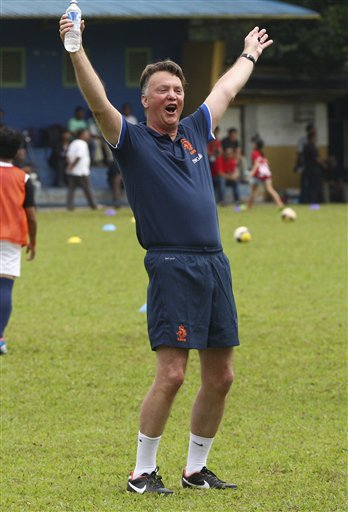
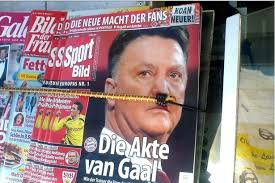 In Germany, the comparisons between Van Gaal and a certain other famous personality were quite poignant…
In Germany, the comparisons between Van Gaal and a certain other famous personality were quite poignant…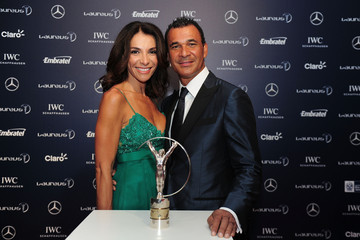
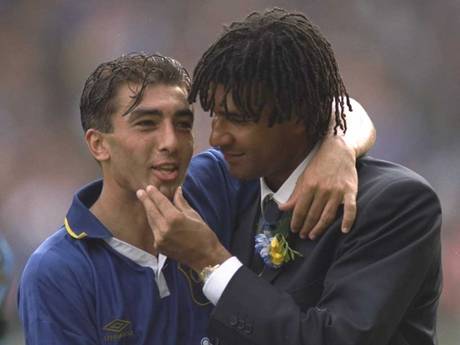
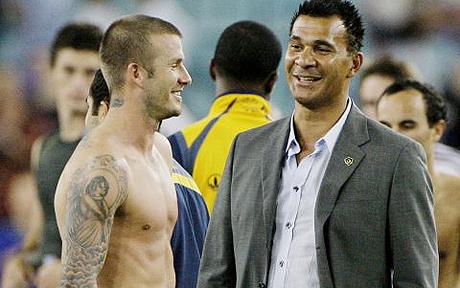
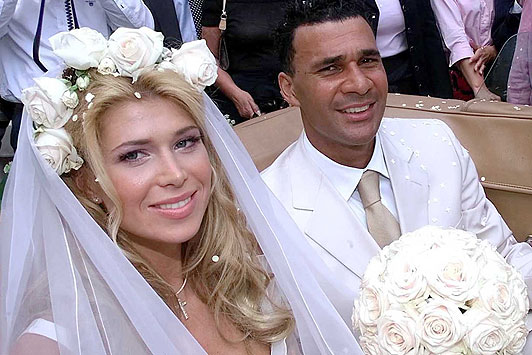
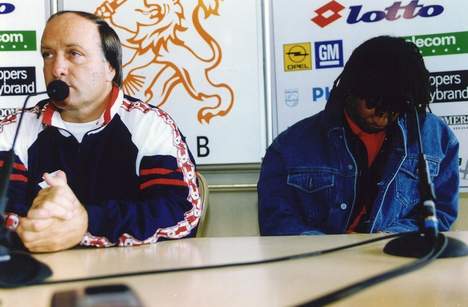
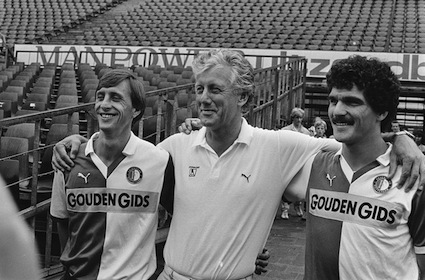
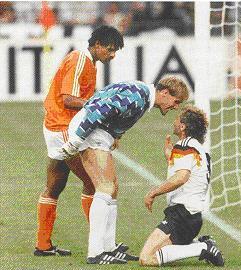
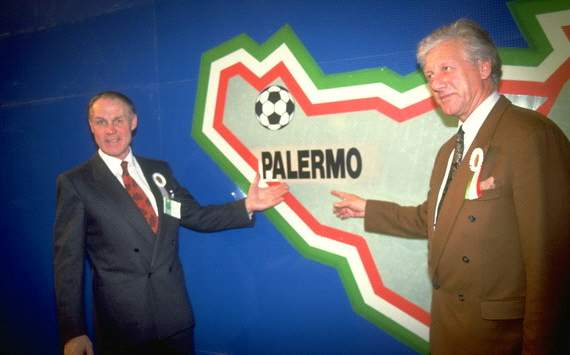
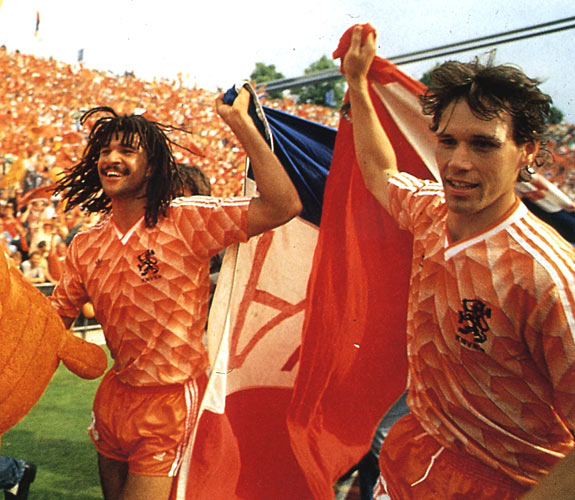
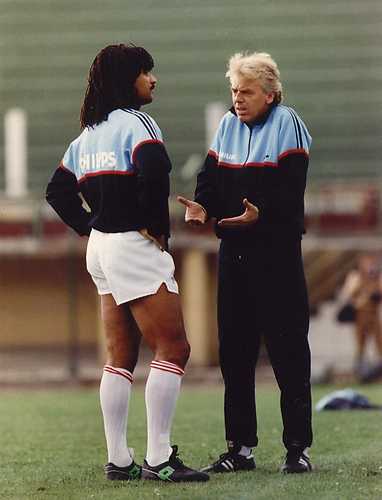 Body language 101
Body language 101